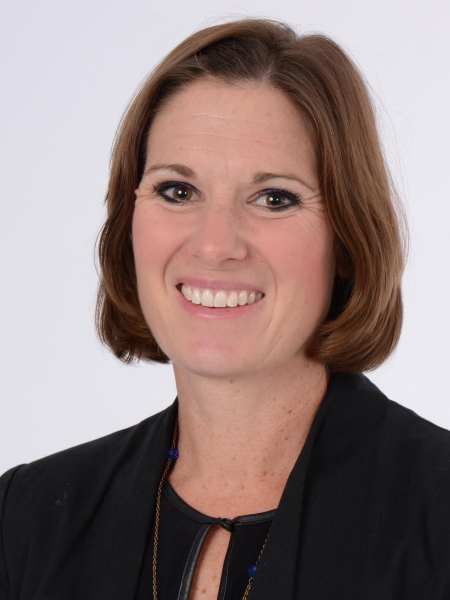Talking to Children About Race – Getting Yourself Ready
Alissa Rausch

Before I am able to share what I know about talking to children about race, I first have to make it clear that I come to this as a mother and a learner and not as a scholar on critical race theory. So, my words do not come from research but from the positionality of a white woman who late in life began her journey toward becoming an anti-racist.
I can say that I started to really talk with my children about race later than I should have, only because it was commensurate with my understanding of racism. I began to openly talk with my children about race and racism, in accordance with their development as they started to ask question about the fairness (or unfairness) they witnessed in the world. We had these conversations whenever they arose and they intersected with almost every area of their lives – interactions with peers, what they saw and heard in books and media, and within our spiritual encounters. However, these conversations came only after I took my own steps forward coming to terms with my white privilege and my white supremist culture. Below I offer a few of my lessons learned.
Give up perfectionism. Perfectionism, or the idea that making a mistake is confused with being wrong, is a tenet of white supremacy culture. I knew that if I was going to meaningfully support my children to build an understanding of race and racism, I needed (and still need) to work to let go of perfectionism. When I let go of my fear of saying the “right” thing and instead embrace my own vulnerability and curiosity, I am able to take risks in talking to my children about race. I ask questions and share my own wonderings. In letting go of perfectionism, I have made many “mistakes,” but I am able to talk transparently about what my children are witnessing in the world around them while continuing to walk my own journey.
Systemic racism is bad for everyone. I had to consciously separate from my early understanding of race as one of “pity,” which was how I was unfortunately raised. I also had to become clear in my own mind that I was not, nor were my children going to be, “white saviors.” It is not our place nor our mission to rescue anyone. Being an anti-racist is about understanding how systems oppress people of color and what our role in that oppression is. I had to recognize that systemic racism negatively impacts everyone and that white supremacy resulted in a bad outcome for the entire community. These were critically important distinctions for me as I framed how I spoke to my children about being anti-racist and the true liberation of people of color.
Listen . . . deeply listen. Above all, in my own journey and in talking with my children about race, I learned that in order to hear the individual stories of people who are different than us we must truly authentically and deeply listen to others. When you look someone directly in the eye and deeply listen, you just cannot make false, sweeping, and inaccurate judgements. When you do this, you cannot hold onto things like the “bootstrap theory” because that is just not the lived experience of the person you are communicating with. You evolve beyond judgment to empathy. This is foundational in becoming anti-racist.
Perhaps the greatest hinderance to talking to our children about race is our own fear and lack of understanding. Taking the small steps to build our own dispositions readies us to move forward with our children.

